Why you should take AP Environmental Science
AP Environmental Science is now offered as a new course students could take to receive college credit.
AP Environmental Science will be offered to any student who is interested, and no prerequisites are required.
TOWAMENCIN — In a time where there’s an environmental crisis, educating ourselves on the topic is more important than ever. Next year, students will be able to take the AP Environmental Science course to gain more knowledge on the environment, earn college credit, and discover a possible career opportunity.
“AP Environmental Science is a new science course that meets the AP standards which means that students can take the test for college credit. We’ll be studying the environment and human interaction with it. [The course] covers a wide range of topics; everything from ecosystems and biodiversity and pollution to climate change and everything in between,” said Mr. John Collier, who will be teaching the course.
The class will not require any prerequisites which means that any student will be able to take this course if they wish to; however, it is recommended that students have already taken Algebra and Biology because it will require a little math and background knowledge in Biology.
“We are suggesting it for very strong 5.0 students and solid 6.0 students,” said Collier.
Compared to the other AP science courses offered at the high school, it’s the same level of rigor, but it does not have a lab, so students will meet 6 days a cycle whereas other classes may meet 7.
“The closest course that we offer is Ecology, and it’s basically the first 3 chapters of AP Environmental Science. We’ll go a lot broader; we cover more topics. It’s a whole year course; Ecology is a semester course, and it will be at a higher rigor level,” explained Collier.
In regards to the AP exam, it has a series of multiple-choice and short answer questions. Like any other AP exam, it will be graded on a 1-5 scale.
There will also be a textbook that students will be able to use to prepare for the exam.
“I am hoping that students can expect to learn a lot, to become a lot more aware of how our natural systems here on Earth work, how nutrients are recycled, how animals come and go, how things live and develop, but also how humans affect those systems because obviously we are apart of the ecosystems that we study, and we have effects on them. I hope they gain an appreciation for all of that and understanding for all of that; I hope we all have a lot of fun because we’re going to do a lot of outdoor labs and experiments, and I’m hoping to study local streams and forests, so we’re actually out there doing the studies. I’m hoping that we could work with the Marine & Botanical Society to get some more long-term projects going in our studies. Ultimately, [students] can expect to learn a lot and take the AP exam if they want to,” said Collier.
“I think students should take this class if they’re interested in nature and if they want to learn about the environment and ecology, how plants and animals came to be, the way they are, and the way they interact, and how humans affect those things, so if that sounds interesting to you then I think it’s a good course for almost anybody,” added Collier.
“I want this to be a class that students in the building are talking about and saying good things about and talking to their friends and then people are like, ‘that’s cool. I want to take that next year as well.’ I’m hoping that beyond what we do in the classroom, it can be a class that gets students excited enough in the content, so they want to talk about it,” said Collier.
For more information on the course itself, visit: https://apcentral.collegeboard.org/courses/ap-environmental-science/course
If you have any other additional questions or concerns, please reach out to Mr. Collier in C117 or via email: [email protected]


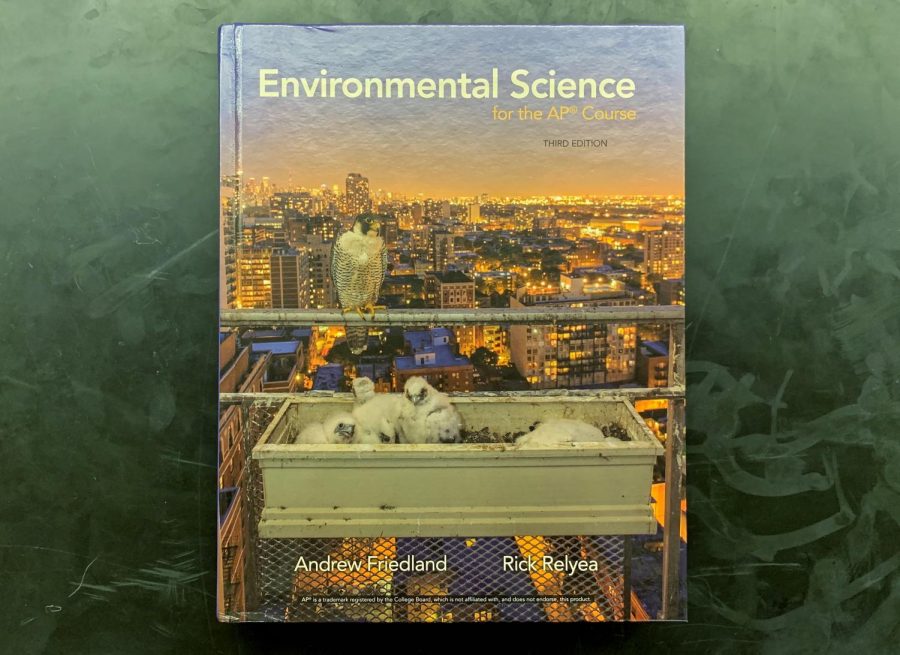
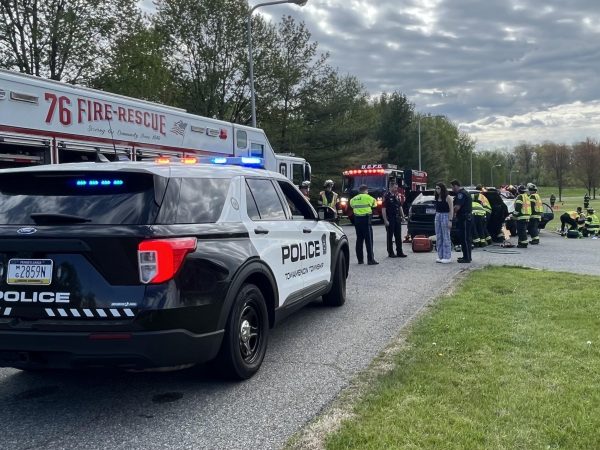

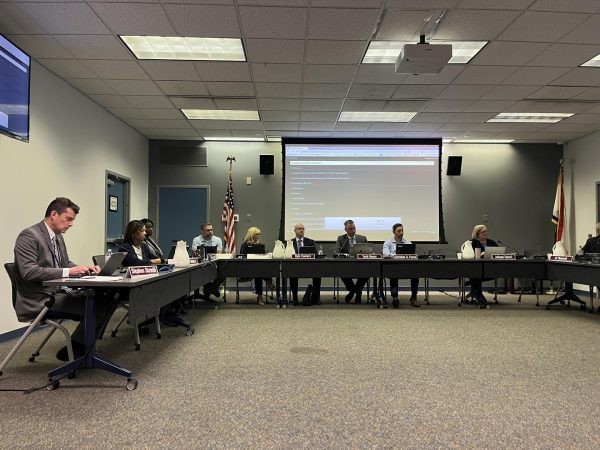


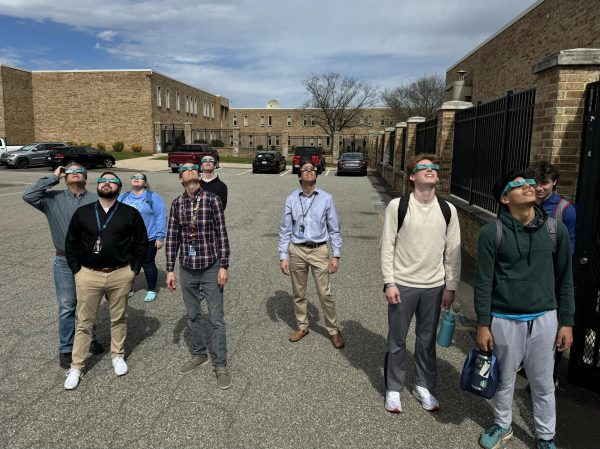

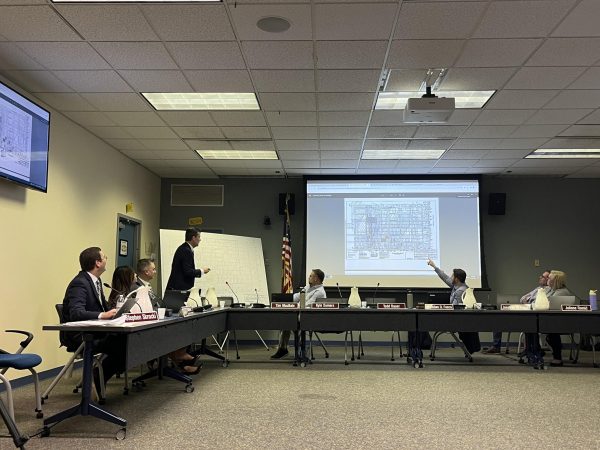

Ellie • Jan 14, 2020 at 11:06 am
Personally, i see ap environmental science (ES) as one of the least useful APs as it gets you credits for a college course that can only be applied to a small area of majors and limits you on the number of upper level classes you can continue on from. If you are unsure of what you want to do in college, which is what many highschool students feel, i would suggest taking ap courses that can help broaden the number of upper level classes over a variety of different majors so you have a bigger spectrum of more indepth courses to explore and utilize to discover what you like.